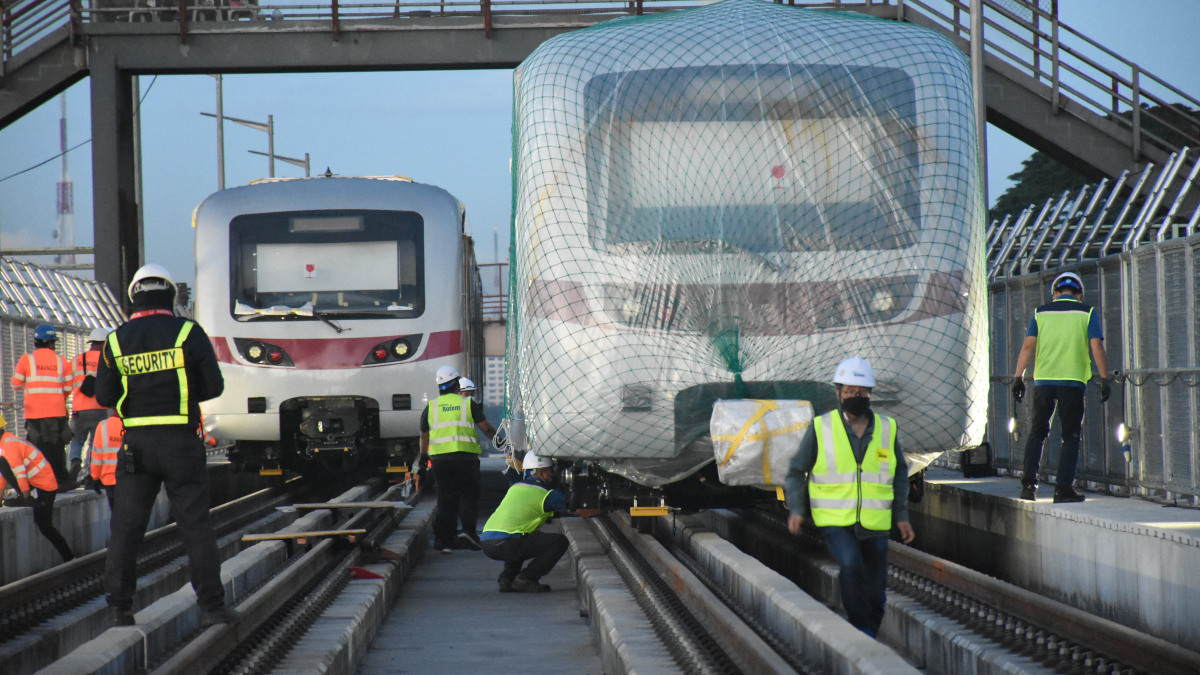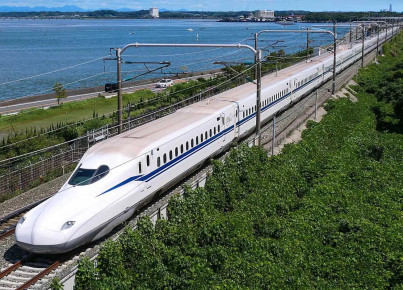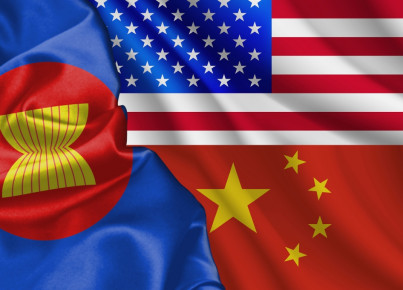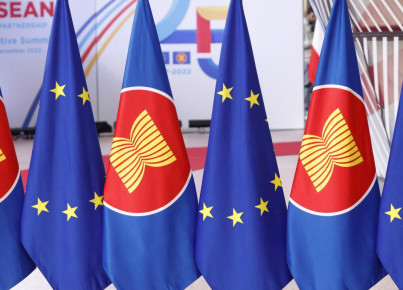Expansion of metro networks is a key factor in combating urban traffic and emissions in urban areas of ASEAN countries
By Carola Frattini
As Southeast Asia's urban population grows, the region's urban centers are becoming increasingly important transportation and logistics hubs. But while this development is a symptom of rapid economic growth, it has also led to serious problems of traffic congestion and air pollution. In order to reduce travel time, traffic, and consequently emissions, the expansion of metropolitan networks therefore appears to be a key investment for Southeast Asian governments.
Currently, among ASEAN countries, Malaysia and Indonesia stand out as leaders in sustainable urban transportation; however, the Thai government's latest significant investments in rail infrastructure are bringing Thailand closer to these two industry pioneers. The recent debut of the Yellow Line in Bangkok has attracted a great deal of attention, as during the trial period in June 2023, it recorded an impressive turnout of about 680,000 passengers in just over two weeks. The monorail spans 23 stations over a distance of 30 kilometers and connects the outskirts of Bangkok to the neighboring province of Samut Prakan. Prime Minister Prayuth Chan-ocha also praised the service, calling it "comfortable" and encouraged citizens to use this new link.
Traffic congestion has also been a serious problem in Manila, Philippines, for a long time: already in 2017, traffic-related economic losses amounted to approximately 3.5 billion pesos per day. In order to solve this problem, the Philippines is also focusing on new metro lines. The Metro Rail Transit network in the Manila metropolitan area is expanding with the construction of Line 7, financed by the San Miguel Corporation, one of the country's largest multinational corporations. This 22-kilometer elevated rail line will reduce the travel time from North Avenue, Quezon City, to San Jose del Monte, Bulacan, from the current two to three hours to about 35 minutes. Vietnam is also trying to upgrade its public rail transportation system. The Vietnamese government has declared that work on Ho Chi Minh City's first subway line will be completed in 2024. This project will result in Vietnam having 33 kilometers of subway lines next year, after the first subway service in Hanoi was only inaugurated in November 2021.
The metro infrastructure sector in ASEAN countries has become an important market for rail infrastructure companies especially from Japan and Europe. With more than 300 kilometers of subway lines in Tokyo, Japanese companies are eager to share their expertise with the region. One such company, Shimizu, has already won a contract in Indonesia to build a railway line that is scheduled to open in 2029. Meanwhile, French train supplier Alstom has also entered the Southeast Asian market, supplying new cars for Singapore's north-south and east-west lines. Deliveries have already begun, with 16 sets of trains, and Alstom plans to deliver a total of 106 sets by the end of 2026. As demand for rail infrastructure in the region grows, it seems likely that other companies will follow suit in the coming years.
However, these companies will most likely have to compete with an increasing role of Chinese companies, which although they have had limited success in Southeast Asian rail markets for now, have led in recent times the construction of the high-speed railway connecting Laos to China's Yunnan province, which opened in December 2021, and Indonesia's high-speed rail line, which opened on October 2. Thus, it cannot be ruled out that China will use this experience to compete with Japanese and European suppliers in metro line projects in ASEAN countries.






